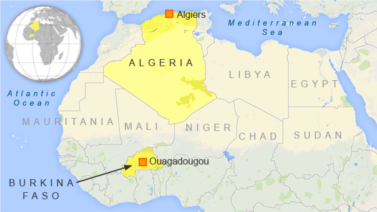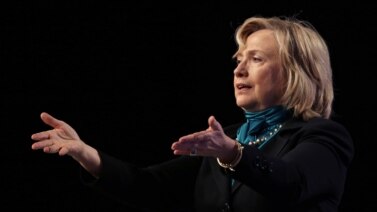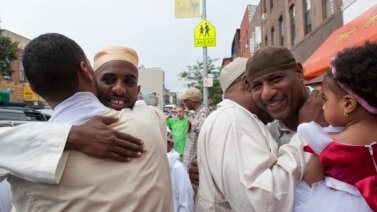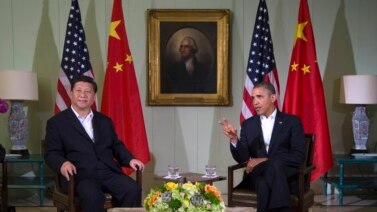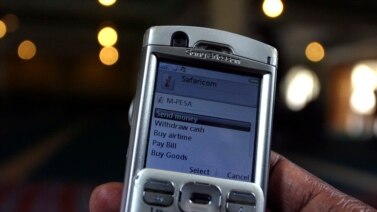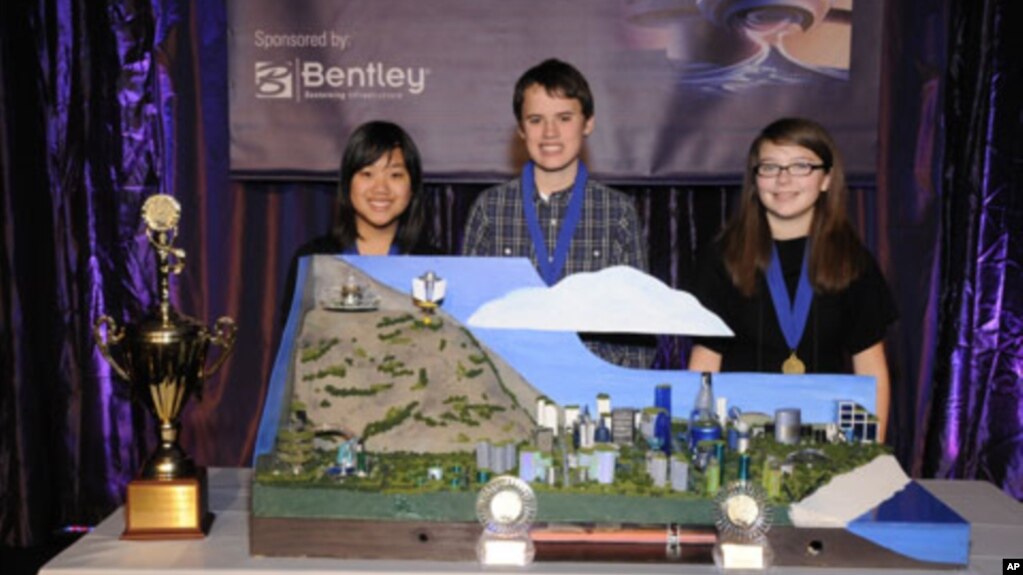
From VOA Learning English, this is As It Is.
I'm Anna Matteo in Washington.
Parents all around the world want the best for their children, especially when it comes to education.
World economies are becoming more and more interconnected. And people are moving around the world in search of personal and professional opportunities. With this global way of living becoming more common, an international approach to education seems like a good one. The goal of the International Baccalaureate Organization is to create “Students of World.”
The International Baccalaureate Organization was founded in 1968 in Geneva, Switzerland. The IB organization works with schools in 147 countries to offer programs for students three to 19 years old. These programs, it says, "help to develop the intellectual, personal, emotional and social skills to live, learn and work in a rapidly globalizing world."
The organization says that IB programs are in nearly 3,800 schools worldwide. The majority of these schools offer IB diploma programs. High school students have to complete six courses, pass exams and write a 20-page paper to earn an IB diploma. And schools accepted into the IB program are expected to “walk the walk and not just talk the talk.”
Students are given opportunities to attend events that open their eyes to a larger world. There are IB workshops and conferences held all over the world.
One such event was a five-day conference at the University of British Columbia in Canada. The conference was called “The New Sustainability: Making Things Better, Not Just Less Bad.” Three hundred students from 13 counties attended.
One of the speakers was Drew Deutsch, director of IB Americas. He says the conference was meant for students to not only learn about the environment, but also to become more international in their thinking and develop lasting relationships.
DREW DEUTSCH: "We want to send the students back to their schools to highlight issues surrounding protecting the environment, but also make sure that these students become more students of the world, and that they form bonds with peers their own age from around the world. And, obviously, with social networking and the tools that are available to students today, we expect that they will have formed these bonds really for life."
Seventeen-year-old Itzel Chavez was one of 21 IB students who received scholarships to attend the conference.
ITZEL CHAVEZ: "I really wanted to go. So I applied for a scholarship and I had to write an essay. And in my school they chose one person, and I got chosen for the scholarship. So I got to go."
She says the main speakers would describe a sustainability program or tell how a special project improved the environment in their community. Then the students had to choose a project to present to the conference.
ITZEL CHAVEZ: "We would get into groups of about nineteen or twenty students and we would have to come up with a project for the end of the week that showed what we learned."
How do you feel about teaching children to be global citizens? Share your thoughts about the International Baccalaureate model of learning in our comment section!
I’m Anna Matteo. Join us again tomorrow for another As It Is.
